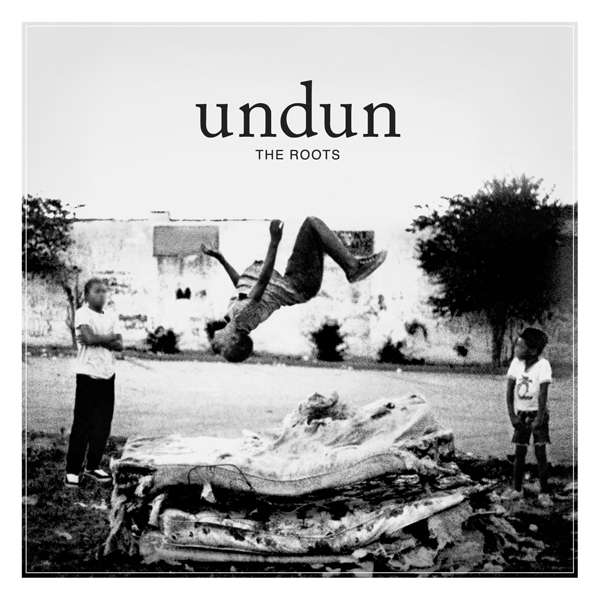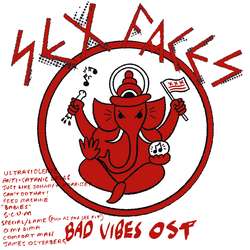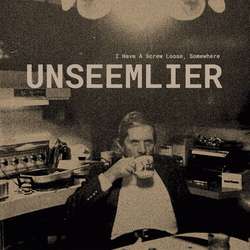I’m conflicted when it comes to “conscious rap.” On the one hand, I hate the label and attempt and creating a subgenre for hip-hop that doesn’t adhere to the conventions of mainstream rap. To me, it’s still rap and it makes little sense to marginalize those artists who seem to more highly value originality over the fast-food punchlines which dominate radio airwaves. The conscious label is played out in 2012, but listening to Undun got me thinking about it again. Part of that “conscious” label refers to social consciousness, which is definitely embodied in this album. I experienced something unique during my first few listens to Undun. Perhaps for the first time, I felt in tune with how this album concept might have developed.
In the summer of 2010, a 20-year old woman named Sabina Rose O’Donnell was raped and murdered on a Philadelphia street, as she walked home from work in the up-and-coming hipster neighborhood of Northern Liberties. The incident attracted a great deal of local and national attention, and Roots drummer Questlove, being a Philly native, decided to speak out via Twitter. His comments were extremely controversial, as he essentially expressed sympathy for Sabina’s killer, Donte Johnson. He wrote: “Just as all the women in that neighborhood internalized sabina’s murder as ‘that could have been me or any of us!!! I internalized donte.”
I made the connection between the Sabina murder/Quest’s comments and this album, because they both seem to call for a focus on the “why”, instead of the “what”. Undun profiles a character named Redford Stevens, a young black man living in urban poverty. The album is in reverse chronological order, and begins with Redford’s death, gradually moving towards the beginning of the last day of his life. Philadelphia has one of the top murder rates in the country, averaging about 300 per year. By profiling one of these victims, it seems the Roots are attempting to more fully understand why this violence plagues our inner cities.
This obviously falls into the “socially conscious” subgenre, but it differs from other so-called “conscious rap”, because it is not the least bit preachy. The Roots don’t hammer you over the head with their message, in fact there is no mention of a “message”. This is simply a character piece, and meant to speak for itself. It’s not the stereotypical “conscious rapper” decrying the plight of our black inner cities, or the watered down state of modern hip-hop. We begin with Redford's death, and gradually peel back "the layers of the onion" to understand the anatomy of it.
Conceptually, this album is brilliant. The Roots manage to strike a balance between the condescending conscious rapper and the swagged out mainstream juggernaut beautifully. Some of the verses on here are actually evocative of many of the conventions of mainstream lyricism (namely, the archetype of the fearless alpha male, chasing money, etc.), but the context differs greatly. They aren't glorifying these ideas, but merely offering an insight into Redford's mindset leading up to his death.
Sonically, the album is equally as impressive. The Roots stay true to their usual sound, using multi-layered production comprised of both samples and live instrumentation, as well as their trademark neo-soul choruses. And as is usually the case with Roots albums, the cast of guest rappers (including both Roots Crew mainstays like Dice Raw as well as independent rappers like Phonte and Big K.R.I.T.) is stellar. Black Thought truly steals the show though, and shows (not for the first time) how underrated he truly is.
The only qualm I have with undun is its short length, but this isn't exactly a legitimate criticism. It just says that what is here is so good, it leaves me desiring more. But overall, we have a brilliant concept executed beautifully. If you do find yourself wanting more, The Roots released a series of four connected music videos, which piece together to form a visual mini-narrative. These are equally brilliant, and if you like the album, definitely worth checking out.



